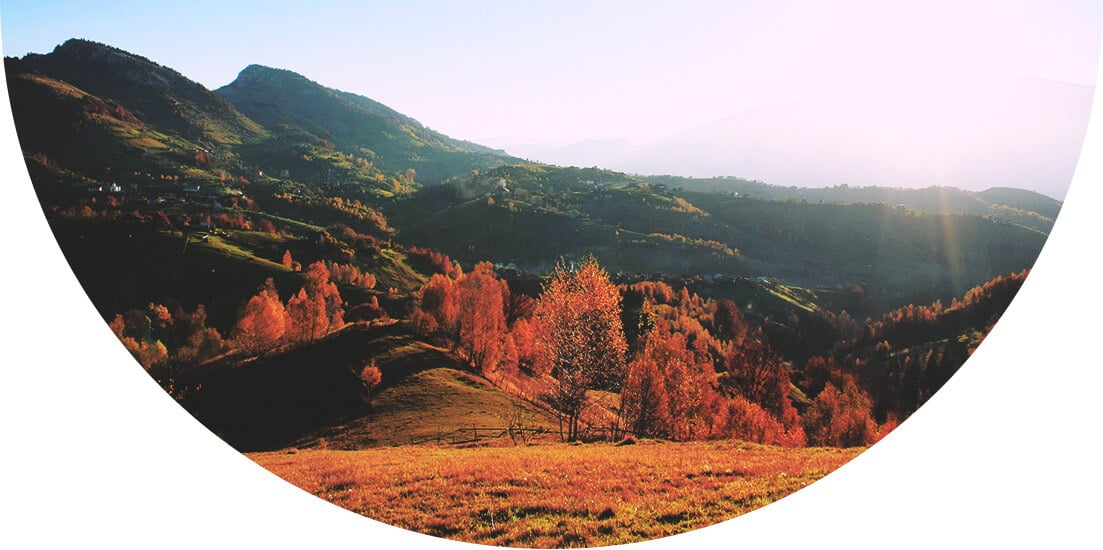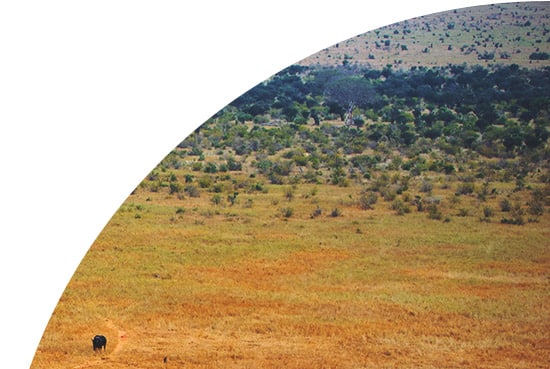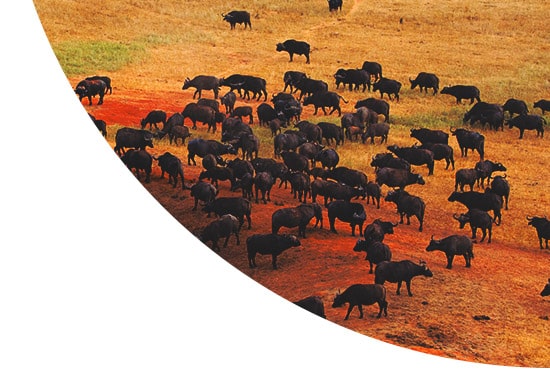Rift Valley fever (RVF) is an acute, fever-causing viral disease that usually affects domesticated animals (such as cattle and sheep), but can also infect and cause illness in humans. The majority of human infections are caused by direct or indirect contact with the blood or organs of infected animals.


Travel Vaccinations for Comoros
Recommended Vaccines for Comoros
The level of protection needed depends on your medical history and travel itinerary. Book now to get a personalised recommendation from our specialist travel nurses. The consultation costs £20 plus any vaccines you decide to take.
Flexible appointments with no upfront payment
Book Now
Destination Information for Comoros
The remote cluster of islands that make up Comoros, off the East coast of Africa are a charming paradise of white sandy beaches, tropical rainforest and desert landscapes. The Comoros Islands are sometimes nicknamed ‘Cloud Coup Coup’, as the country has experienced 20 coups or coup attempts since it gained independence from France in 1975. The official languages are French and Arabic, although most locals speak their own language, known as Shikomor (Comorian), and each of the islands has its own dialect. Due to the relative isolation of Comoros, this can be an expensive place to visit, but it’s well worth the trip to experience a complete contrast to a typical beach holiday!
If walking and trekking is your thing, head to Grande Comore, the largest of the islands and home to Mt Karthala, the largest active volcano in the world. It erupts on average once every 11 years, the last time being in December 2005. The spectacular landscape created by the volcanic eruptions makes for a hiking experience unlike any other. Grande Comore is also the most developed of the Comoros Islands, and is the destination of choice for romantic couples looking for an idyllic beach escape.
The smallest island, Mohéli, is popular with fans of wildlife and marine mammals, with snorkelling in the colourful coral reefs and dolphin and whale watching in abundance. Anjouan Island is often referred to as the ‘pearl of the Comoros’, thanks to its exotic and beautiful landscape. The fourth island Mayotte is still under French administration. It offers the same beautiful sandy beaches and excellent water sports, with a French feel.
Infections and Outbreaks frequently change from country to country and by attending our clinics you will be given the most up to date clinical and safety advice from our team of specialists. Our advice to you often includes aspects such as:
- Food and water hygiene
- Insect and animal bite avoidances
- Personal safety
- Sexually transmitted infections
- Sun protection
- Altitude sickness
Malaria and regions within country:
The Comoros islands have a high risk of P.Falciparum malaria throughout. Anti-malarial medication is always advised.
Additional Health Risks Information for Comoros
The Comoros Islands are generally considered to be a safe place to visit, with low crime levels and no recent terrorism-related incidents. If you’re travelling by sea there is a threat from piracy, particularly off the coast of Somalia and in the Gulf of Aden. There is a designated High Risk Area, which you should not enter. Visitors to the Comoros Islands shouldn’t be too complacent despite the low crime levels, and take sensible precautions to keep themselves and their belongings safe from pickpockets and muggers. Avoid walking in unlit areas at night, and travel as part of a group if possible.
All three islands of Comoros is high risk for malaria, it is advisable to visit a Travel clinic to get the necessary vaccines, medications and advice before you travel.
The islands can be affected by tropical cyclones at certain times during the year. The active volcano, Karthala, on Grande Comore most recently erupted in 2007. Although there is no information about an imminent eruption, it’s advisable to check local information and news before making a trip to the island.
Medical facilities on all of the three Comoros Islands are limited, and affected by frequent interruptions to the power and water supplies. Carry a good supply of any prescription medication you need, and ensure that you have adequate travel insurance in place.



